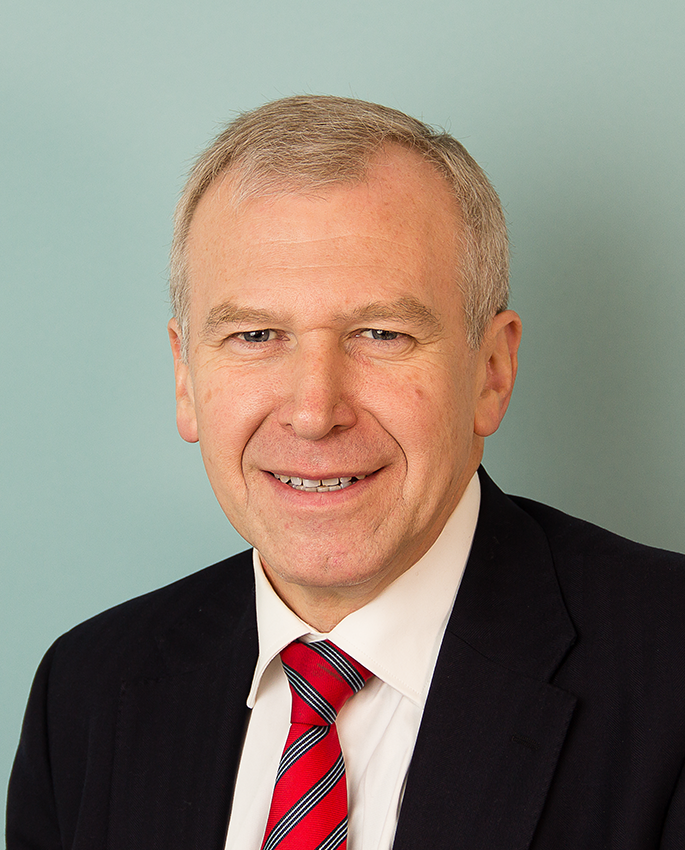Reflections from the Secretary-General - International Women's Day 2015
The International Institute for Democracy and Electoral Assistance (IDEA) is pleased to join you in the commemoration of the International Women's Day.
As we look back over the decades we can see real progress in strengthening the rights of women. The adoption of landmark governmental conventions and agreements, such as the UN Convention on the Elimination of All Forms of Discrimination Against Women (CEDAW, 1979), the Beijing Declaration and Platform of Action (1995), and the UN Security Council Resolution 1325 on Women, Peace and Security (2000) highlight the great importance of addressing discrimination against women and gender inequalities in all spheres of life. CEDAW actually recognises that due to historic discrimination, women do not start at an equal footing with men and therefore recommends the implementation of holistic empowerment strategies to eliminate discrimination against women in all spheres of life. These milestones are all important accomplishments, but still much is to be done regarding the improvement of the status of women in civil society.
As IDEA Gender Specialist, Ms. Rumbidzai Kandawasvika-Nhundu mentions in her article, on average around the world only 21.9% of parliament members are women. Globally only 11 countries currently have more than 40 per cent women in their parliaments/national assemblies – and as of last December 5 have no women in parliament.
In a world where more than half the population are women, how can they still be so under-represented?
We believe in a non-prescriptive approach to democracy. IDEA provides comparative knowledge and tools for societies to develop their own constitutions and conduct their own elections. There are, however, some universal truths to democracy. One of them is that representation and diversity in government is the cornerstone of a strong democracy. Women must be represented in government. Women must be empowered to make decisions. Women must have a clear, strong voice in civil society.
In most countries women and men are granted equal rights to vote and to run for elected political office. In most countries, these rights to vote and be elected are legislated. But often these laws are not translated into reality. In some countries a woman's ability to run for elected office is hindered by cultural constraints that manifest themselves as hostility towards women. Other obstacles include the paucity of financial resources, gender insensitive intra-party democracy processes, religious interpretations, the political dominance of elites and the tragic trend of violence against women in countries going through conflict.
In some countries gender gaps in the outcome of electoral processes have narrowed due to some direct measures on electoral systems reforms in combination with positive actions measures such as quotas.
On this International Women’s Day, International IDEA reasserts its firm commitment to advancing women’s participation and representation and promoting gender equality, as a cross cutting dimension of democracy building.




